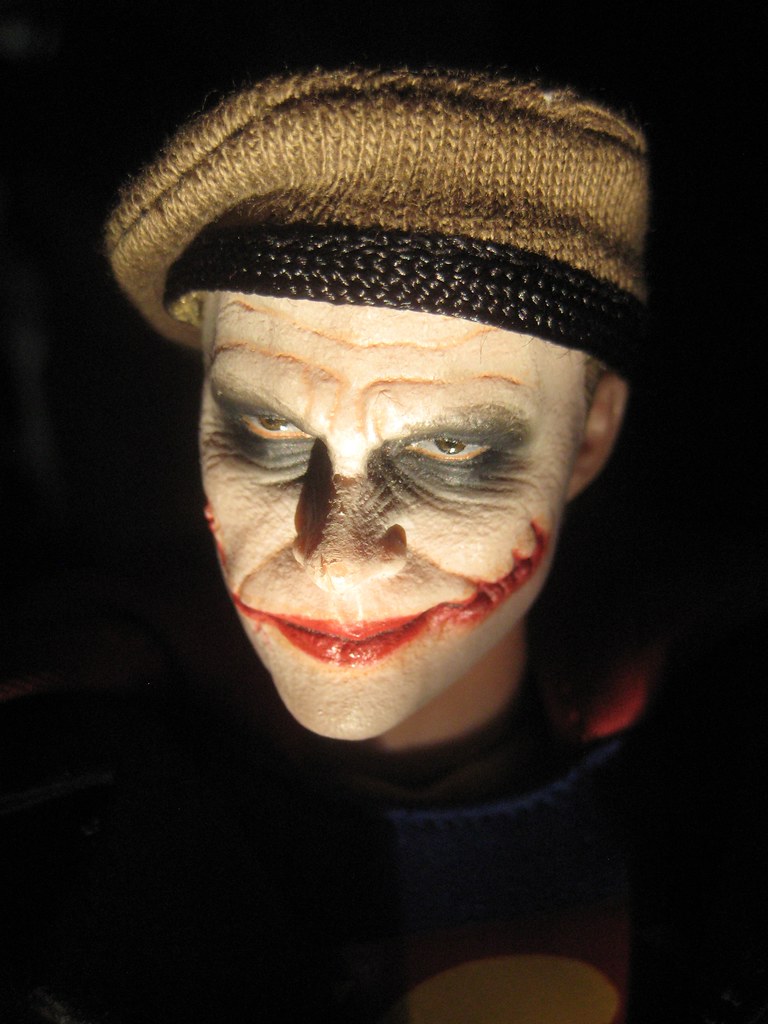
There’s something uniquely poignant about a performer’s final bow, especially when that curtain call comes long after they’ve left us. Hollywood, the land of dreams and dazzling stars, has seen its share of these bittersweet moments, where an actor’s last flicker of brilliance lights up the silver screen posthumously.
It’s a strange, almost ethereal experience for audiences, watching a beloved face embody a character one last time, knowing the person behind the performance is no longer with us. These films become more than just entertainment; they transform into memorials, tributes, and powerful reminders of the talent we’ve lost too soon. It’s a collective gasp, a shared tear, and an appreciative nod to those who gave their all until the very end.
So, grab your tissues and get ready for a deep dive into some truly unforgettable farewells. We’re looking at 12 incredible stars whose final performances weren’t just great acting, but deeply moving goodbyes that left a permanent mark on Hollywood’s heart. These aren’t just movies; they’re legacies, wrapped in celluloid, reminding us that true artistry transcends life itself.

1. **Heath Ledger—The Dark Knight (2008)**
When we talk about performances that sent shockwaves through Hollywood, Heath Ledger’s portrayal of the Joker in “The Dark Knight” is right at the top of the list. It was raw, it was unhinged, and it was undeniably brilliant. The film hit theaters in 2008, and audiences were absolutely captivated by his terrifyingly magnetic take on the iconic villain, a performance that instantly redefined what a comic book antagonist could be.
Tragically, Ledger passed away mere months before the movie’s premiere, never getting to witness the cultural phenomenon he unleashed. The world watched in awe as his Joker became an instant legend, leading to a posthumous Oscar win that cemented this performance as one of Hollywood’s most haunting and unforgettable farewells. It was a stark reminder of his immense talent and the void he left behind.
His dedication to the role was legendary, and the intensity he brought to every scene was palpable. From the infamous pencil trick to his chilling monologues, Ledger didn’t just play the Joker; he *became* him. The film stands not only as a superhero masterpiece but also as a powerful testament to an actor who pushed boundaries and delivered a character for the ages, forever etched into cinematic history.
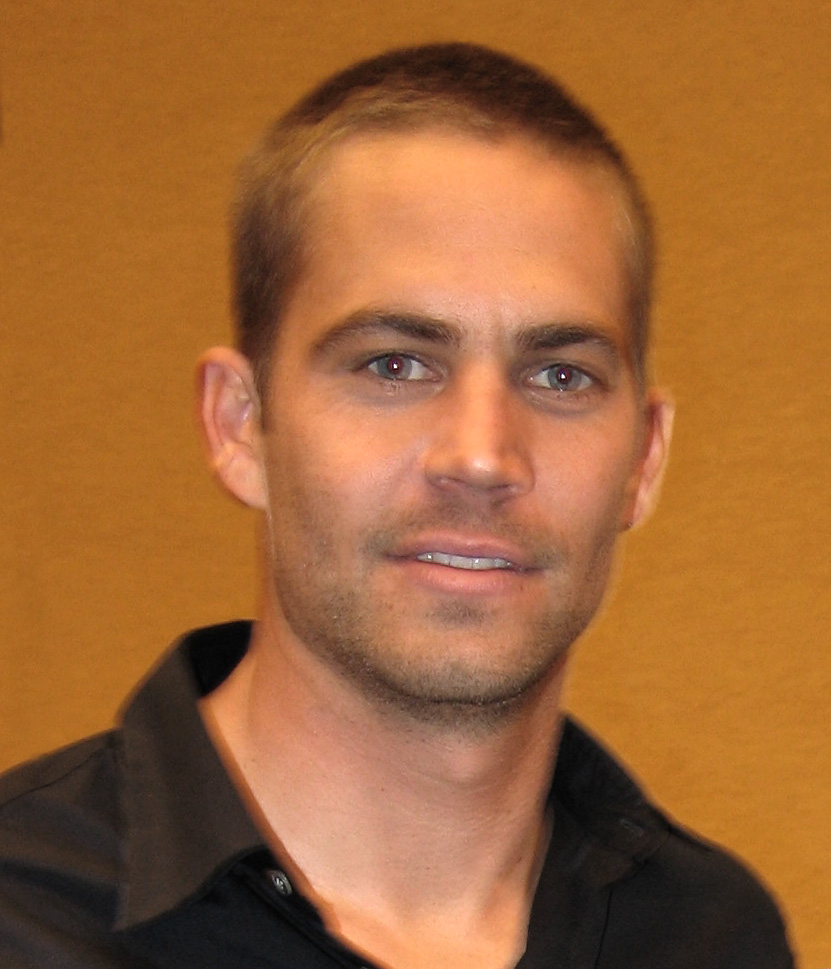
2. **Paul Walker—Furious 7 (2015)**
The “Fast & Furious” franchise has always been about family, both on and off screen, which made Paul Walker’s sudden death in 2013 particularly devastating. Production on “Furious 7” was dramatically halted, leaving a gaping hole in the heart of the film and its cast. The decision was made to complete the movie as a tribute to Walker, a monumental task that involved using CGI and his own brothers as stand-ins.
Released in 2015, the film transcended its action genre to become a profound, heartfelt homage to a beloved star. That final driving scene, where Vin Diesel’s Dom Toretto and Walker’s Brian O’Conner drive off into separate sunsets, was pure cinematic emotion, leaving hardly a dry eye in the house. It was a farewell steeped in love and respect.
Walker’s presence had been the heart of the franchise, a grounding force amidst the high-octane stunts. Even after his passing, his spirit held the series together, delivering a farewell that was both thrilling and deeply personal. “Furious 7” isn’t just an action movie; it’s a powerful and touching goodbye to a friend, a brother, and a central pillar of one of Hollywood’s biggest sagas.
3. **Philip Seymour Hoffman—The Hunger Games: Mockingjay–Part 2 (2015)**
Philip Seymour Hoffman was an actor revered for his depth and soul-searching performances, always bringing gravitas to every role he touched. As Plutarch Heavensbee in “Mockingjay–Part 2,” he shone with his characteristic quiet intensity, adding a layer of sophisticated intrigue to the dystopian saga. His life, however, tragically ended before filming for the final installment wrapped.
This devastating loss necessitated script adjustments, carefully made to honor his legacy and navigate the remaining scenes. The 2015 release of “Mockingjay–Part 2” didn’t just mark the conclusion of a wildly popular young adult series; it became the ultimate act of an actor whose craft was unparalleled. Fans watched, aware of the bittersweet nature of seeing him on screen one last time.
Hoffman’s ability to inhabit complex characters was legendary, and even in a supporting role, he made an indelible impression. His final performance underscored his remarkable range and the profound impact he had on every project he joined. It was a somber yet fitting capstone to a career defined by powerful, unforgettable acting.
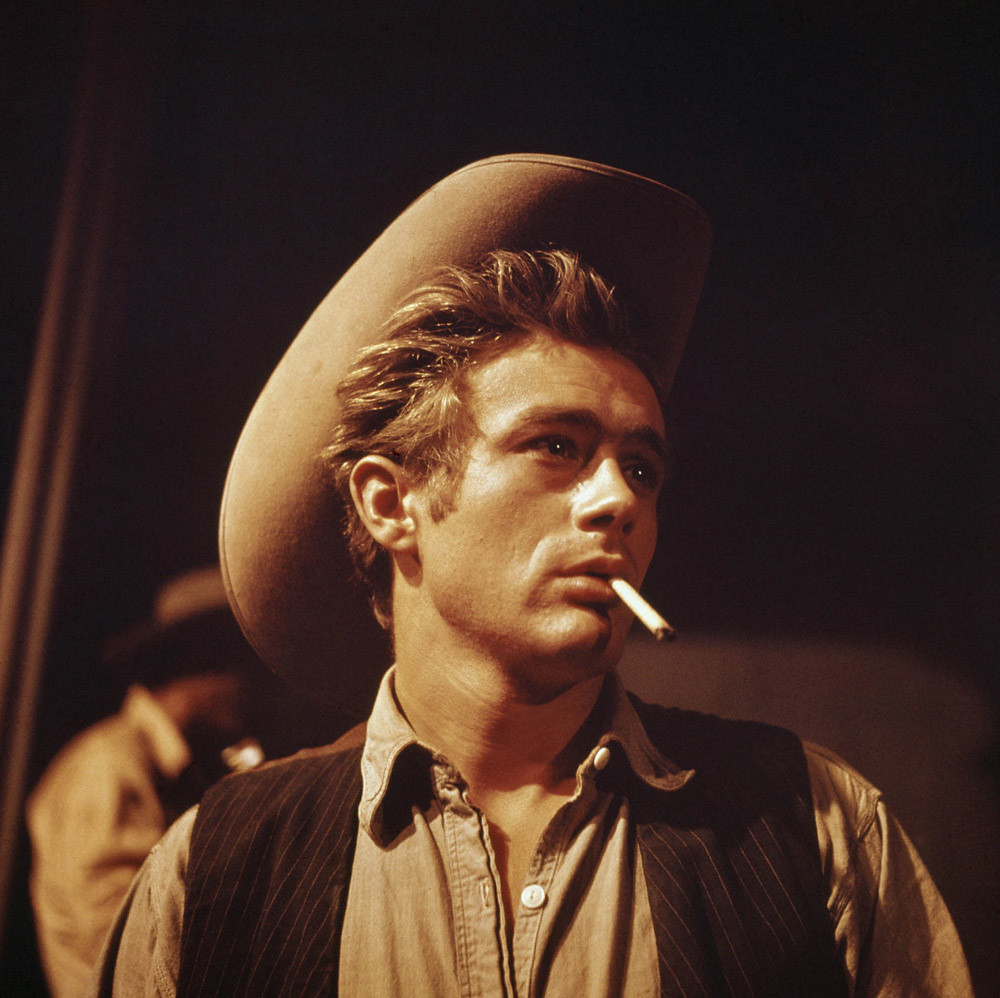
4. **James Dean—Giant (1956)**James Dean, the quintessential rebel, delivered a truly layered performance as a brooding oilman in “Giant.” It was a role that, even for his nascent career, profoundly proved his dramatic potential and hinted at the incredible heights he could have reached. Yet, a cruel twist of fate in a car crash took his life before the film even premiered in 1956.
James Dean, the quintessential rebel, delivered a truly layered performance as a brooding oilman in “Giant.” It was a role that, even for his nascent career, profoundly proved his dramatic potential and hinted at the incredible heights he could have reached. Yet, a cruel twist of fate in a car crash took his life before the film even premiered in 1956.
“Giant” was only his third film, but the impact of his work was seismic, instantly cementing his legendary status. His posthumous Oscar nomination for the role wasn’t just an honor; it was an immortalization, solidifying his image as a rebellious icon forever. His intense, simmering portrayal captivated audiences and critics alike, making his loss feel even more profound.
Dean’s screen presence was electric, a raw, vulnerable energy that resonated deeply with a generation. His performances were brief but unforgettable, each a testament to a talent extinguished far too soon. “Giant” remains a powerful and poignant reminder of a star who burned brightly and faded too quickly, leaving behind a timeless legacy of youthful rebellion and dramatic brilliance.
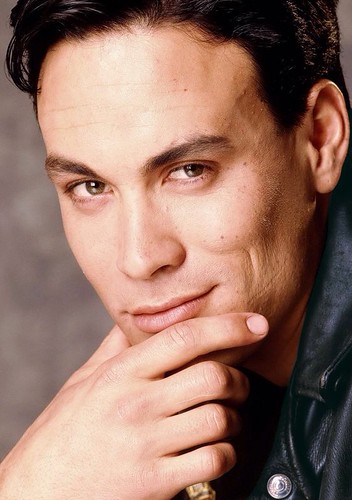
5. **Brandon Lee—The Crow (1994)**
The dark fantasy thriller “The Crow” quickly gained cult status upon its release in 1994, but its legacy is tragically intertwined with the fate of its star, Brandon Lee. This was meant to be his breakout role, a performance brimming with gothic intensity and a raw, emotional core. However, during the filming of a scene in 1993, Lee was fatally wounded due to a tragic prop gun accident.
The finished film became an eerie, chilling cinematic memorial, his haunting performance amplified by the real-life tragedy that surrounded its creation. Audiences watched, not just captivated by the story, but also by the somber reality of Lee’s final act on screen. It was a profound and unsettling experience, deepening the film’s already dark themes.
Lee’s dedication and physical prowess were evident throughout “The Crow,” a film that showcased his potential to become a major action and dramatic star. His magnetic presence made the film unforgettable, turning a tragic accident into an enduring cinematic legend. “The Crow” remains a powerful, if heartbreaking, tribute to a talent gone far too soon.
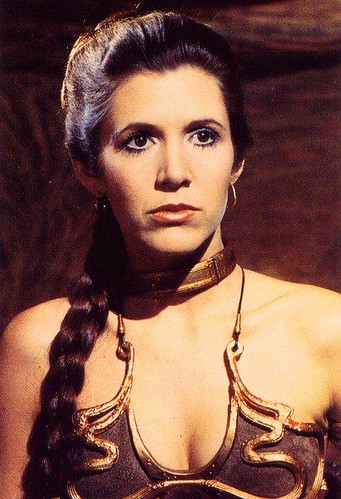
6. **Carrie Fisher—Star Wars: The Rise Of Skywalker (2019)**
For millions across the globe, Carrie Fisher *was* Princess Leia, a feminist icon and a beacon of hope in a galaxy far, far away. When Fisher passed away in 2016, the world mourned. Yet, in a remarkable act of cinematic storytelling, “The Rise of Skywalker” brought Princess Leia back in 2019, utilizing unused footage from earlier films in the saga. It was a delicate balancing act.
This meticulous effort was a profound tribute to her legacy, allowing her character to anchor the saga’s emotional conclusion with quiet power. Though physically absent from the set for this final installment, Fisher’s iconic presence was undeniably felt. The filmmakers carefully wove her existing footage into new scenes, creating a seamless and respectful farewell.
The decision to include her posthumously was met with both anticipation and emotion, and the resulting performance was a testament to the enduring power of her character and the love fans held for her. “The Rise of Skywalker” not only concluded an epic story but also provided a fitting and deeply moving goodbye to General Leia Organa and, by extension, to the irreplaceable Carrie Fisher.
Continuing our tribute, this section delves into how the posthumously released films of another six beloved actors served as poignant final chapters, showcasing their remarkable talent and leaving an indelible mark on Hollywood and the hearts of fans worldwide. These are the farewells that truly left an impression.

7. **Chadwick Boseman—Ma Rainey’s Black Bottom (2020)**When “Ma Rainey’s Black Bottom” hit screens in 2020, the world was already mourning the devastating news of Chadwick Boseman’s passing. What audiences witnessed was a performance so utterly electrifying, so steeped in raw passion and profound pain, that it instantly resonated as one of the most searing farewells in cinematic history. His portrayal of the ambitious and tormented trumpeter, Levee, was nothing short of a powerhouse.
When “Ma Rainey’s Black Bottom” hit screens in 2020, the world was already mourning the devastating news of Chadwick Boseman’s passing. What audiences witnessed was a performance so utterly electrifying, so steeped in raw passion and profound pain, that it instantly resonated as one of the most searing farewells in cinematic history. His portrayal of the ambitious and tormented trumpeter, Levee, was nothing short of a powerhouse.
Boseman infused Levee with a furious, almost desperate energy, burning with both a righteous rage and an aching heartbreak, a testament to his incredible dedication. The film, released just months after his untimely death, transformed into a deeply profound and emotional experience for everyone who watched. His posthumous Academy Award nomination was a collective acknowledgment of the sheer brilliance he left behind.
The meticulous layers of Levee’s character—his defiance, his dreams, his inner turmoil—were all expertly crafted. Knowing he was privately battling a severe illness during filming added an almost unbearable poignancy to every single scene. It’s truly heartbreaking to ponder the powerful performances the world lost with his absence.
His work in “Ma Rainey’s Black Bottom” stands as a vibrant, living testament to his extraordinary artistry and unwavering resilience. This role cemented his legacy as an actor who consistently pushed boundaries, imbued his characters with authentic humanity, and deeply touched the souls of millions. We were undeniably fortunate to witness his magic, even if for a tragically short time.
8. **Spencer Tracy—Guess Who’s Coming To Dinner (1967)**
Spencer Tracy, a true titan of Hollywood, delivered his final performance in “Guess Who’s Coming to Dinner,” released in 1967, and it stands as a remarkably tender and profoundly honest swan song. He masterfully played Matt Drayton, a liberal father forced to confront his own deep-seated biases. Tracy brought his signature gravitas and subtle, nuanced emotion to a role that resonated deeply with audiences.
The circumstances surrounding the film’s production were undeniably poignant, as Tracy’s health was visibly failing throughout the shoot. Director Stanley Kramer reportedly adjusted the demanding shooting schedule to carefully accommodate his deteriorating condition. This delicate and considerate approach allowed Tracy to deliver a performance imbued with genuine fragility and a palpable sense of personal closure.
His scenes, particularly his powerful and deeply moving monologue, were delivered with an unvarnished truthfulness that only an actor of his immense caliber could achieve. It was a performance that transcended mere acting, offering audiences a raw glimpse into the soul of a man wrestling with deeply held beliefs and the overwhelming love for his family. The emotional weight was significantly amplified by the widespread knowledge that this was truly his last act.
Tracy, sadly, passed away just 17 days after completing his work on the film. “Guess Who’s Coming to Dinner” is far more than just a classic film exploring social issues; it stands as a powerful, heartfelt final chapter for a legendary actor, showcasing his unwavering commitment to his craft right up to the very end of his extraordinary life.
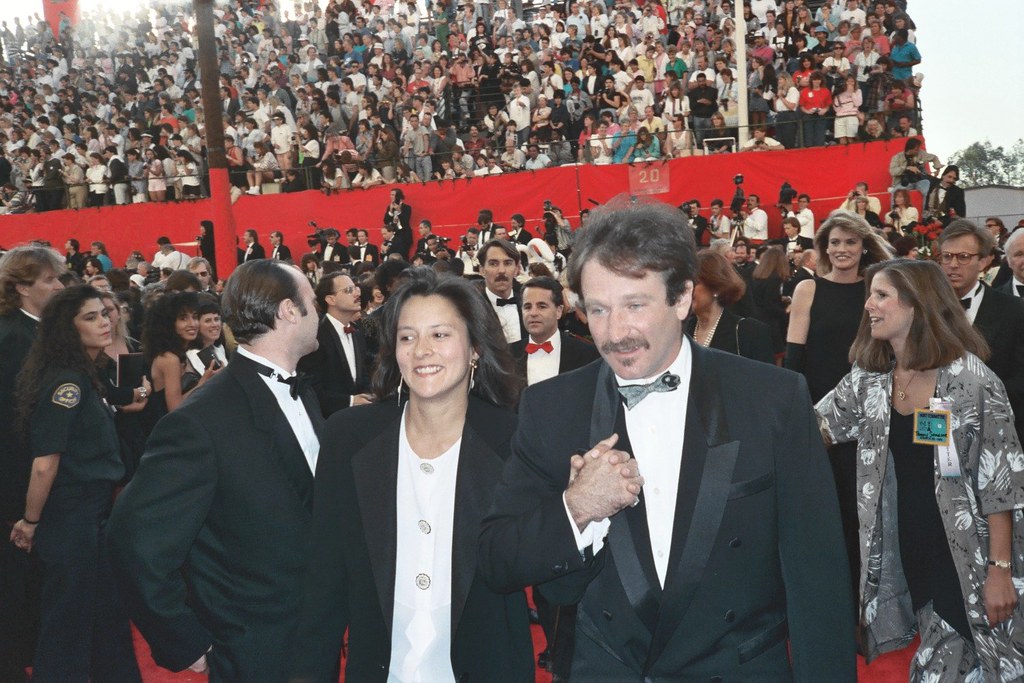
9. **Robin Williams—Absolutely Anything (2015)**
The world lost a truly incomparable talent and a boundless source of joy when Robin Williams passed away. His final cinematic performance, though perhaps less widely known, arrived a year later in the quirky British sci-fi comedy “Absolutely Anything.” Williams lent his inimitable voice to Dennis the Dog, an ordinary canine suddenly granted the miraculous power of speech. It was a uniquely bittersweet moment for fans to hear his familiar, exuberant cadence.
While “Absolutely Anything” might have primarily flown under the mainstream radar, the mere presence of Williams’ distinctive voice infused Dennis the Dog with a specific, heartwarming, and utterly charming energy. Even in a relatively supporting voice role, his unique brand of humor and warmth shone brightly through, reminding everyone of the sheer joy and comedic brilliance he consistently brought to every single project he touched.
Hearing Dennis the Dog articulate thoughts and observations with that unmistakable Robin Williams charm was simultaneously a great comfort and a sharp pang of sadness. It offered one last precious glimpse into the boundless creativity, lightning-fast wit, and infectious enthusiasm that so profoundly defined his unparalleled career. His remarkable ability to imbue even an animated character with such vivid personality was truly a testament to his singular talent.
This particular film, though not among his most celebrated, serves as a quiet, yet profoundly poignant, bookend to an extraordinary and unforgettable career. It reminds us that even after his physical departure, Williams continued, in a sense, to bring smiles and laughter, leaving behind a timeless legacy of performances that are deeply embedded in the hearts of millions.
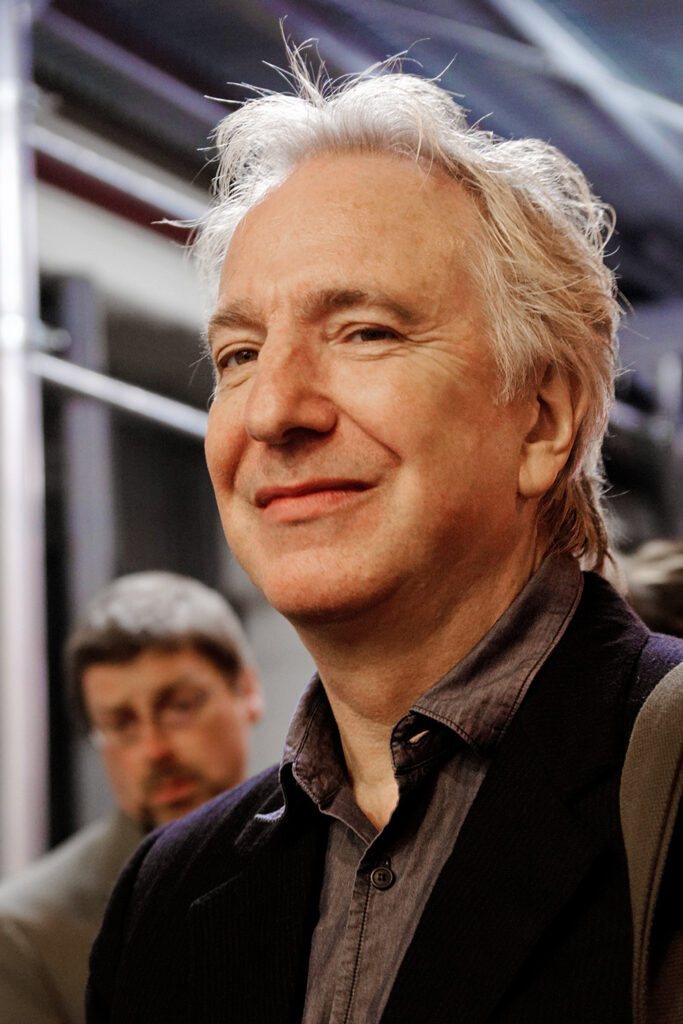
10. **Alan Rickman—Alice Through The Looking Glass (2016)**
Alan Rickman possessed one of the most distinctive voices in cinema. His final role allowed fans one last treasured opportunity to hear its rich, resonant, and utterly velvety tones. He reprised his role as the voice of Absolem the Caterpillar in “Alice Through the Looking Glass,” a film that arrived several months after his passing in 2016. It stood as a powerful, albeit somber, auditory farewell from an actor who brought unparalleled elegance and gravitas to every character.
His portrayal of the insightful, sometimes cryptic caterpillar, even though conveyed entirely through animation, was imbued with his characteristic dramatic weight and subtle, often dry, humor. Rickman’s voice possessed an almost hypnotic quality, capable of conveying profound depth, world-weary wisdom, and playful wit all within a single line. In the fantastical world of Wonderland, his vocal presence brought a grounding sense of authority and undeniable sophistication.
For the vast legions of fans, hearing that iconic voice one last time was an intensely emotional and memorable experience. It served as a powerful reminder of the unique magic and transformative power he brought to every character he played, turning them into unforgettable figures—whether complex villains, wise mentors, or a philosophical insect. He possessed an uncanny ability to make every single line utterly memorable.
“Alice Through the Looking Glass” thus became far more than just another fantasy adventure; it was transformed into a final, heartfelt tribute to an actor whose inimitable contributions will forever be cherished and celebrated. It stands as a poignant reminder of the enduring power of his artistry, leaving audiences with the lingering echo of his remarkable voice and the cherished memory of his profound talent.
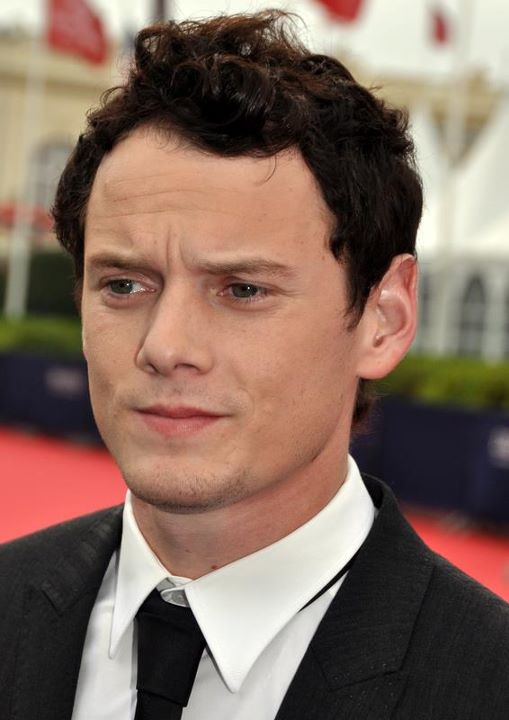
11. **Anton Yelchin—Thoroughbreds (2017)**
Anton Yelchin was a remarkably gifted young actor whose career showed immense promise, tragically cut short. His final completed performance, a chilling turn in “Thoroughbreds,” a slow-burn psychological thriller released in 2017, serves as a testament to his raw and undeniable talent. In the film, he delivered a disarmingly grounded and thoroughly compelling portrayal of Tim, a petty criminal caught in a twisted plot. His performance radiated a quiet, yet intense, authenticity that was uniquely his own.
Tragically, Yelchin died in a devastatingly “weird accident” in 2016, making the subsequent release of “Thoroughbreds” a profoundly somber and moving event for his dedicated fans and the entire film industry. The movie instantly became a poignant artifact, offering one last precious opportunity to witness his remarkable range and the considerable depth he consistently brought to even seemingly minor roles. It remains incredibly difficult to watch his scenes without a heavy heart, knowing the immense talent that was lost far too soon.
He possessed a truly rare ability to embody characters who were simultaneously vulnerable and intensely complex, bringing an honesty and realism to his performances that defied his young age. In “Thoroughbreds,” he skillfully navigates the convoluted psychological dynamics of his character with a nuanced and memorable performance. His compelling work here further solidified his burgeoning reputation as an actor who was always evolving and exploring boundaries.
Yelchin’s career, though tragically abbreviated, left an indelible mark on modern cinema, and “Thoroughbreds” stands as a powerful and enduring testament to the artistic heights he was undoubtedly destined to reach. It’s a bittersweet reminder of a bright star extinguished far too quickly, yet one whose final, compelling performance continues to shine with an undeniable and lasting brilliance.
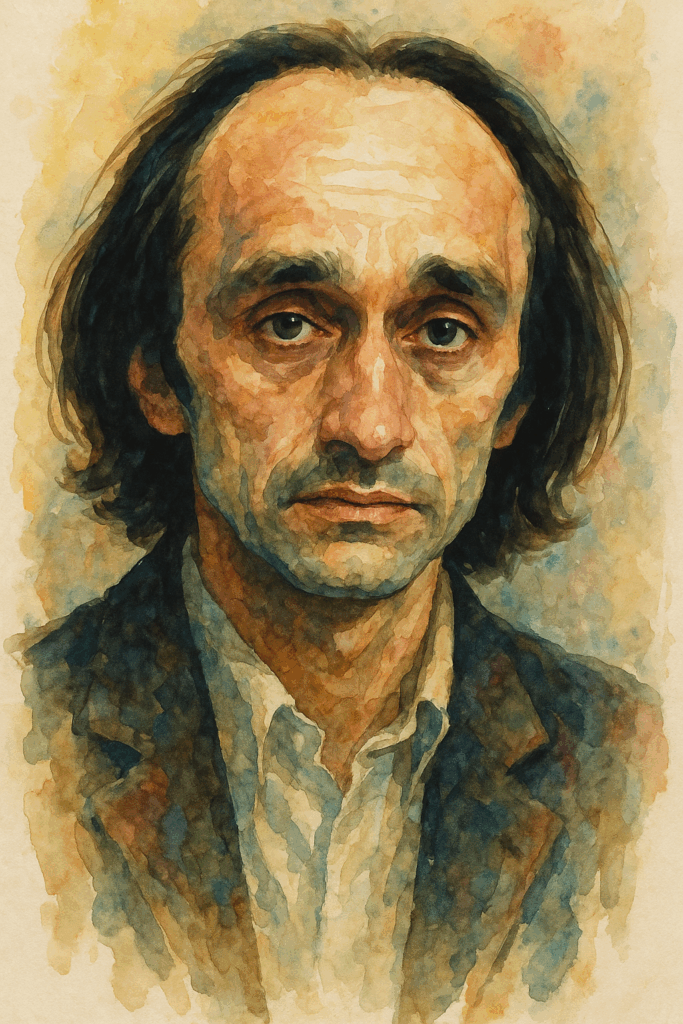
12. **John Cazale—The Deer Hunter (1978)**
John Cazale’s filmography is nothing short of astonishing: he famously appeared in only five movies, every single one considered an absolute classic of American cinema. His final, truly heartbreaking performance came in the epic drama “The Deer Hunter,” released in 1978. Diagnosed with terminal cancer during production, Cazale completed filming with an incredible and unwavering resolve, a profound testament to his unparalleled dedication to his craft.
Despite his rapidly failing health, Cazale’s portrayal of Stan, one of the volatile group of friends, carried an immense, almost quiet, depth. His performance was masterfully understated yet undeniably powerful, capturing the intricate nuances of a man under immense psychological and emotional strain. The film ultimately became a Best Picture winner, and Cazale’s indelible contribution was an integral part of its enduring critical and cultural legacy.
His powerful presence, even though physically frail, translated into a raw, unfiltered emotional truth on screen that few actors could achieve. The extraordinary challenges faced during filming, including his visible illness, only added layer upon layer to the profound poignancy of his final act. He brought a unique blend of vulnerability, simmering intensity, and genuine humanity to every scene, making Stan an unforgettable character.
“The Deer Hunter” stands as the ultimate and most poignant proof of Cazale’s understated brilliance and the immense, lasting impact he made in a tragically brief career. It is a powerful and deeply moving final chapter for an actor whose contributions remain universally acclaimed, profoundly influential, and endlessly studied, forever securing his place as one of Hollywood’s most revered talents.
As the final credits roll on these unforgettable films and we reflect on these incredible talents, we’re left with a profound sense of both gratitude for their gifts and an enduring sorrow for their premature departures. These final performances, delivered against the backdrop of their impending or recent passing, are far more than just fleeting cinematic moments; they are poignant, powerful echoes of lives fully lived and immense talents generously shared. They serve as a powerful reminder that the magic of storytelling, the transformative power of performance, can truly transcend the boundaries of life itself, leaving behind a legacy that continues to inspire, deeply move, and perhaps, even offer a measure of healing. These stars may have taken their final bows, but their brilliance forever lights up the Hollywood firmament, ensuring they are truly farewell but never forgotten.



